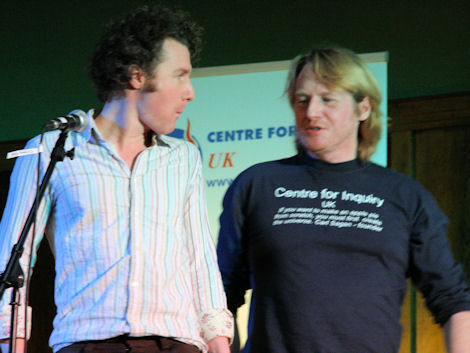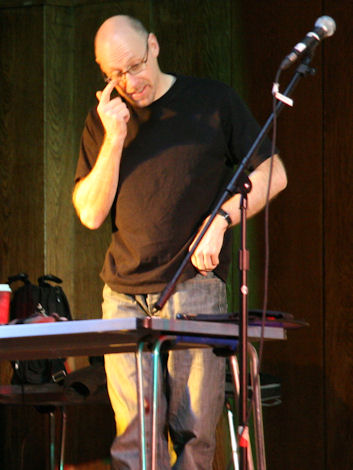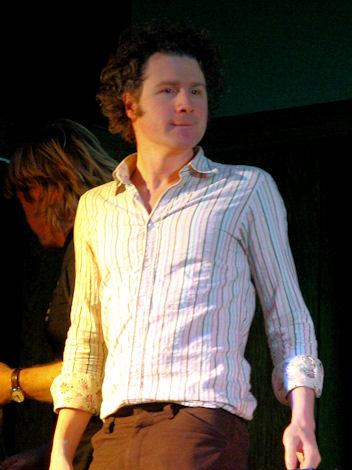Run over from behind by a bus. That’s how physicist and skeptic Professor Robert Park wants to go when his time is up.
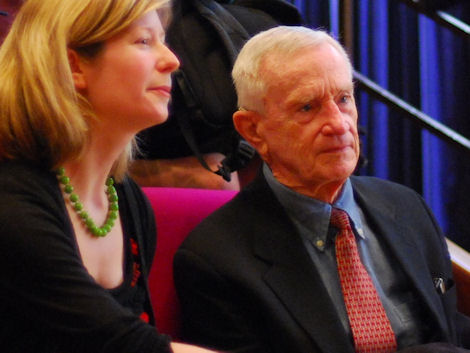
I joined Bob Park at the Royal Institution this evening to hear him talk about his new book – ‘Superstition: belief in the age of science’.
To be candid, I’m not sure we got much of an insight into the book, and with a good showing of the ‘usual suspects’ (purely based on my memory of familiar faces – National Secular Society, British Humanist Association, Brights, and atheists of other flavours no doubt – not to mention scientists) in the audience, this was pretty much preaching to the converted. But it didn’t matter; Bob came across as a great guy – gentle and sharp at the same time; but most of all – human.
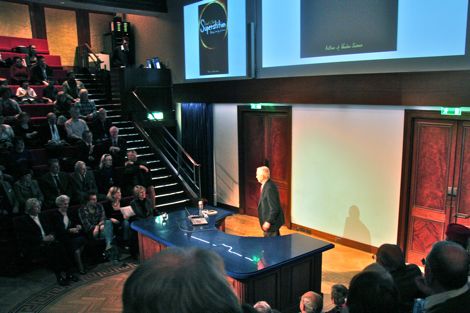
Following an introduction by Jo Marchant from New Scientist, Bob launched straight into the tale of how two catholic priests had given him the last rites, having stumbled across him, unconscious, under a fallen giant oak. He had photographs to prove it, and that pretty much set the tone for the evening.
We, Bob explained, as homo-sapiens, had only been around for 35,000 years when he was a lad; but today we were 160,000 years old. How come? There’s just more evidence today – we have the 160k skull. And as we’ve only been civilised (read post-hunter/gatherer) for 10,000 years of that, it’s fair to say our brains aren’t exactly wired to watch TV, never mind cancel the irritating offer of a wi-fi connection that repeatedly popped up throughout Bob’s PC presentation. Yet despite our brains being rigged to escape tigers and seek out elusive berry bushes, those same brains do a pretty good job of enjoying concertos, fine art, and solving complex differential equations. So we are somehow managing to get along with less than fit-for-purpose equipment. The secret now is to understand it (the brain) sufficiently so that we can explain and counter some of its more noisome excesses – like war for example.
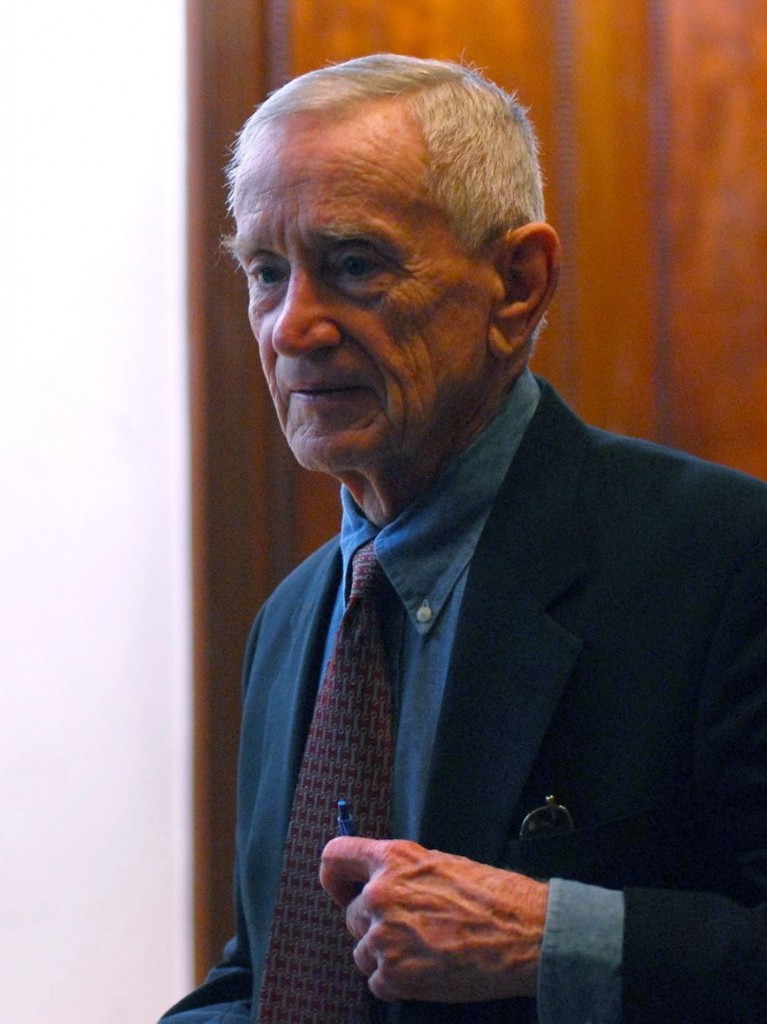
But getting on to superstition now, Bob explained that as early as 585 BC, Thales of Melitus had understood how solar eclipses came about, if not how to predict them. And yet armed with this and doubtless many other supportive evidences for causation, we failed to declare the rational age of man, but rather continued, as we still do, to be superstitious.
Religion is a superstition, Bob maintained. And with 90% of the global population subscribing to some form of religion, doesn’t that make most of us superstitious? In Bob’s reckoning, that should be a concern.
There followed a variety of God-Delusionesque arguments around the illogical multiplicity of christian and other religions, what I thought was a somewhat confused description and use of the anthropic principle, and a potted history of John Templeton and the Templeton prize. The prize is given to individuals who do research that advances ‘spiritual discovery’ – and is big bucks; the last one was £820,000 to Michael Heller – a cosmologist and catholic priest. We learnt that Templeton’s only dictate on value of the prize was that it should always exceed whatever Nobel is offering. Bob shared the results of a Templeton funded study that must be seen as an own goal in some quarters: a controlled trial to assess the value of prayer on the recovery rates of coronary bypass patients. No effect was found. Interestingly, there was a negative impact on the health of a sub-group of patients who were told up-front they would be receiving prayers.
We moved on to a debunking of the ten commandments as the basis for our moral code, and an appeal instead to the Golden Rule of ‘do unto others as you would have them do unto you’ , which Bob put down to sensible evolutionary development rather than any biblical dictate. (As it happens, A.C.Grayling challenged the attractiveness of the Golden Rule earlier this week – but that’s another story….).
On the role of science, Bob believes that if there is one thing science has to offer over everything else, it’s openness – a reference to open data sharing and peer review.
So what are we left with? A questioner from the audience asked what we all wonder now and again – ‘does life have any meaning?’
But Bob had already answered the question in his slides. There is no plan, and if there’s no plan, there’s no purpose beyond that we give to life ourselves. But, as Bob continued, “that doesn’t mean that we can’t have good lives, enjoyable lives, and part of doing that is the way we treat other people”. There’s nothing more to say.
Also of Interest
Professor Robert Park interview at the Guardian HERE
